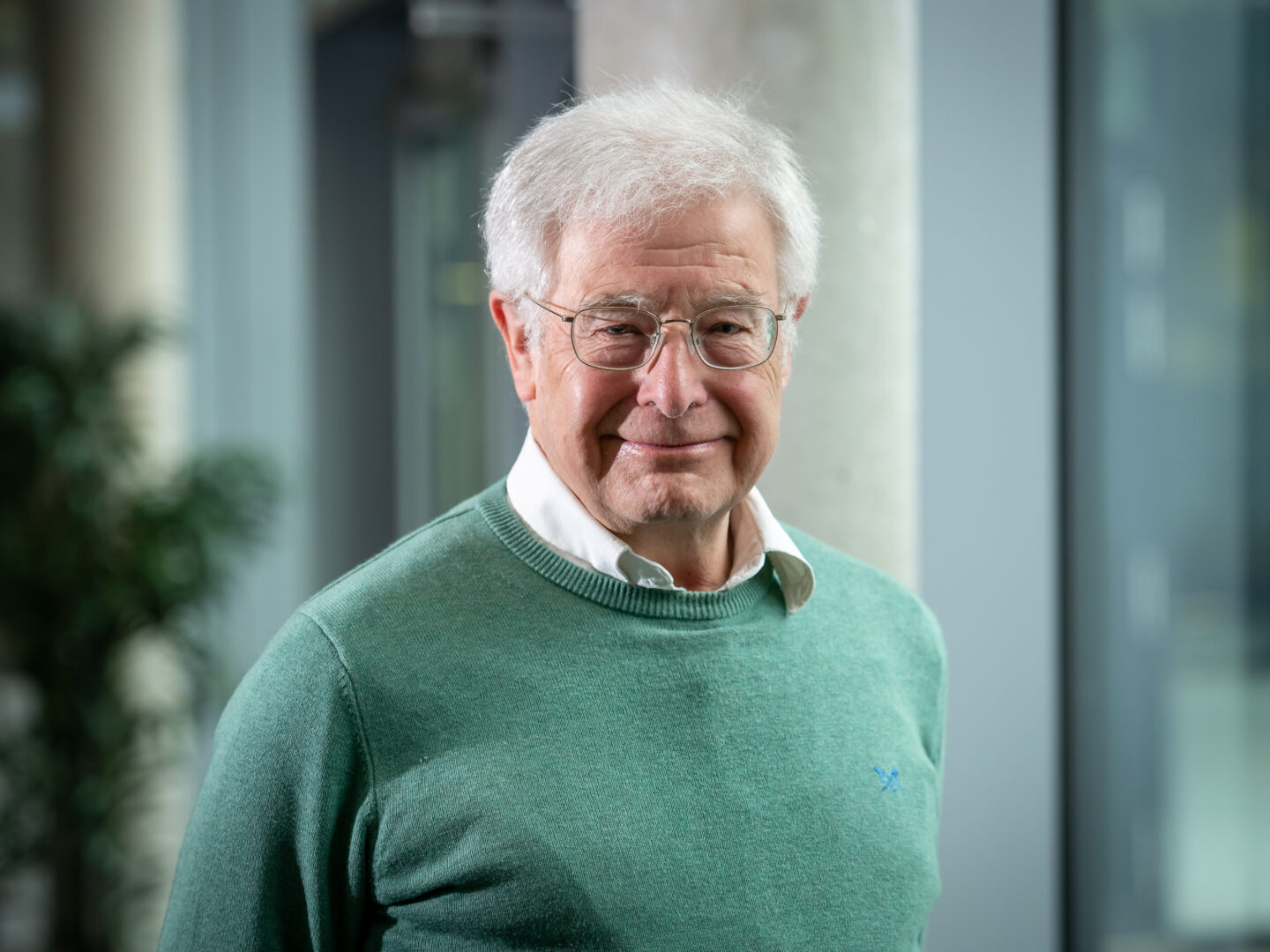index.php
object(WP_Term)#4165 (11) {
["term_id"]=>
int(7)
["name"]=>
string(4) "Blog"
["slug"]=>
string(4) "blog"
["term_group"]=>
int(0)
["term_taxonomy_id"]=>
int(7)
["taxonomy"]=>
string(17) "publication-types"
["description"]=>
string(0) ""
["parent"]=>
int(0)
["count"]=>
int(100)
["filter"]=>
string(3) "raw"
["term_order"]=>
string(1) "0"
}
array(9) {
["group_head_shared"]=>
array(2) {
["meta_description"]=>
string(0) ""
["toggle_markup"]=>
array(0) {
}
}
["group_sitemap"]=>
array(3) {
["sitemap_hide"]=>
bool(false)
["change_frequency"]=>
string(7) "monthly"
["priority"]=>
string(3) "0.5"
}
["group_search"]=>
array(2) {
["search_hide"]=>
bool(false)
["search_term"]=>
string(0) ""
}
["group_preload"]=>
array(2) {
["prefetch_post"]=>
string(0) ""
["preload_image"]=>
bool(false)
}
["grp_publication"]=>
array(12) {
["tax_type"]=>
int(7)
["publication_origin"]=>
string(3) "non"
["publication_year"]=>
string(4) "2026"
["department"]=>
string(0) ""
["publication_url"]=>
string(84) "https://eastasiaforum.org/2026/03/01/asia-cannot-just-wait-for-trump-to-chicken-out/"
["publication_pdf"]=>
bool(false)
["publication_excerpt"]=>
string(552) "US President Donald Trump’s 2025 tariff agenda has been marked by sweeping threats, frequent reversals and unpredictable enforcement, fuelling complacency among trading partners. Yet effective US tariffs remain historically high, and many countries have made costly concessions to avoid harsher measures. Even if some tariffs are struck down legally, Trump may deploy alternative powers to impose new ones. With US trade increasingly risky, Asia must deepen regional integration and strengthen WTO-based multilateralism without relying on Washington."
["tax_topics"]=>
array(2) {
[0]=>
int(55)
[1]=>
int(52)
}
["tax_themes"]=>
array(1) {
[0]=>
int(41)
}
["authors"]=>
array(1) {
[0]=>
object(WP_Post)#26329 (24) {
["ID"]=>
int(211)
["post_author"]=>
string(1) "1"
["post_date"]=>
string(19) "2022-05-09 05:56:13"
["post_date_gmt"]=>
string(19) "2022-05-09 05:56:13"
["post_content"]=>
string(0) ""
["post_title"]=>
string(18) "L. Alan Winters CB"
["post_excerpt"]=>
string(2556) "
"
["post_status"]=>
string(7) "publish"
["comment_status"]=>
string(6) "closed"
["ping_status"]=>
string(6) "closed"
["post_password"]=>
string(0) ""
["post_name"]=>
string(14) "l-alan-winters"
["to_ping"]=>
string(0) ""
["pinged"]=>
string(0) ""
["post_modified"]=>
string(19) "2024-12-06 16:49:42"
["post_modified_gmt"]=>
string(19) "2024-12-06 16:49:42"
["post_content_filtered"]=>
string(0) ""
["post_parent"]=>
int(0)
["guid"]=>
string(57) "https://thecitp.kinsta.cloud/?post_type=people&p=211"
["menu_order"]=>
int(158)
["post_type"]=>
string(6) "people"
["post_mime_type"]=>
string(0) ""
["comment_count"]=>
string(1) "0"
["filter"]=>
string(3) "raw"
}
}
["non_citp_authors"]=>
bool(true)
["publication_reference"]=>
string(0) ""
}
["group_access"]=>
array(4) {
["apply_restriction"]=>
bool(false)
["role_access"]=>
array(2) {
[0]=>
string(13) "administrator"
[1]=>
string(9) "developer"
}
["hide_links_public"]=>
bool(false)
["hide_links_unselected"]=>
bool(false)
}
["clone_access"]=>
array(1) {
["group_access"]=>
array(4) {
["apply_restriction"]=>
bool(false)
["role_access"]=>
array(2) {
[0]=>
string(13) "administrator"
[1]=>
string(9) "developer"
}
["hide_links_public"]=>
bool(false)
["hide_links_unselected"]=>
bool(false)
}
}
["use_contents"]=>
bool(false)
["layouts"]=>
bool(false)
}







